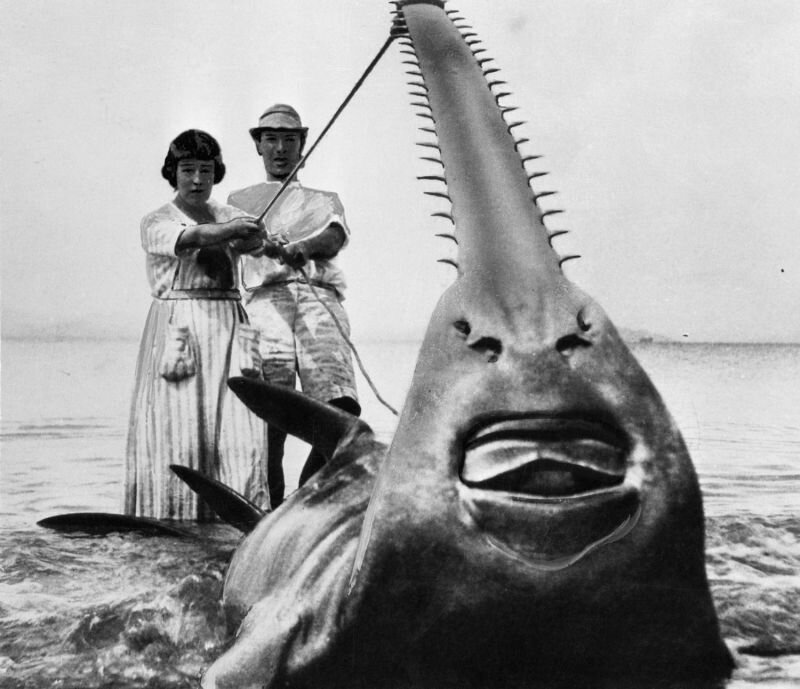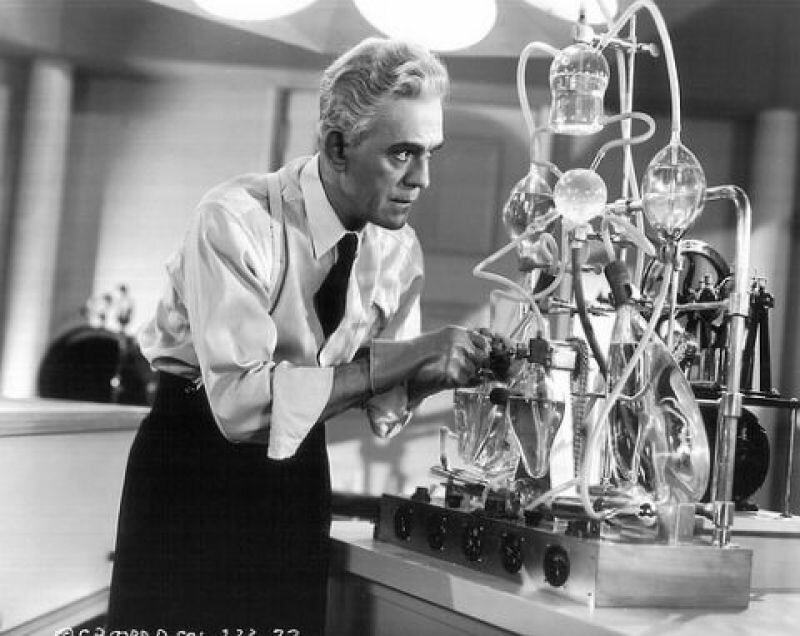
Personal research. Fleming wrote beautifully about it: the researcher must be free to find new discoveries, wherever these may lead him. Every researcher needs a certain amount of personal time to work on his own ideas without having to justify them for anyone, unless he himself wishes to. After all, extraordinary ideas can form during one’s free time. The desire for immediate result is common, but can be detrimental. Truly valuable research is a long-term ordeal. In fact, it’s very possible that nothing of practical use emerges from a laboratory for years on end. Then, quite suddenly, something may appear. Something that is so innovative that its impact could cover the costs of the lab for a hundred years.

This bootlegging, this ‘playing in the boss’s time’ is zu lehren und zu lernen, at school and university, in theory and in practice. For example, you might soak peppercorns in water and ask students to observe them through a microscope to find out why they’re so sharp. Are they spiky? It then seems that something is moving under the microscope. Art there students who see this? If so, who? The participant is then asked to draw what they perceive. “You’ve only really seen something after you’ve drawn it,” Da Vinci wrote. Then you reveal that van Leeuwenhoek was also looking for spikes on peppercorns, unsuccessfully, and instead found what we now call bacteria. This experiment was done one my request in Amsterdam at a lyceum with success; the students were moved. This is how you uncover latent talent: by hiding unexpected findings in practical assignments, unannounced of course. The participants who missed the unexpected observations, or who did not pay enough attention, learned that they were insufficiently observant, surprised, flexible and active in comparison to their peers. Like behaviourist Skinner said, when you encounter something interesting, you must study that and leave the rest to wait.

The Hungarian endocrinologist Hans Selye so captivatingly wrote: ‘In my opinion, this is one of the most precious gifts for a scholar to enjoy. We tend to focus ourselves on what we are researching to the extent that other facts simply do not reach us, regardless if they are of far greater importance. This is mostly the case with things that deviate so greatly from the ordinary that they seem implausible. In the end, however, only the implausible is truly worthy of our attention.’